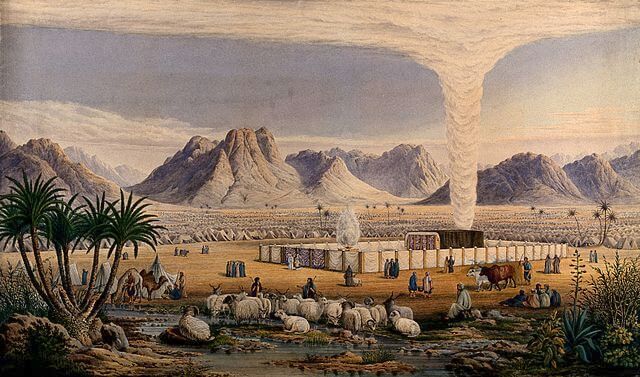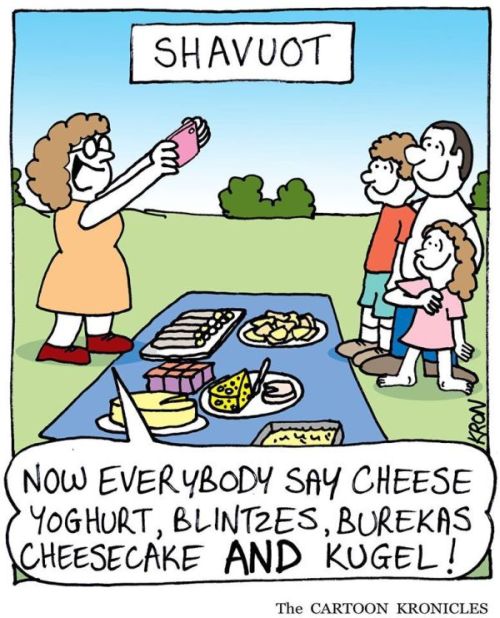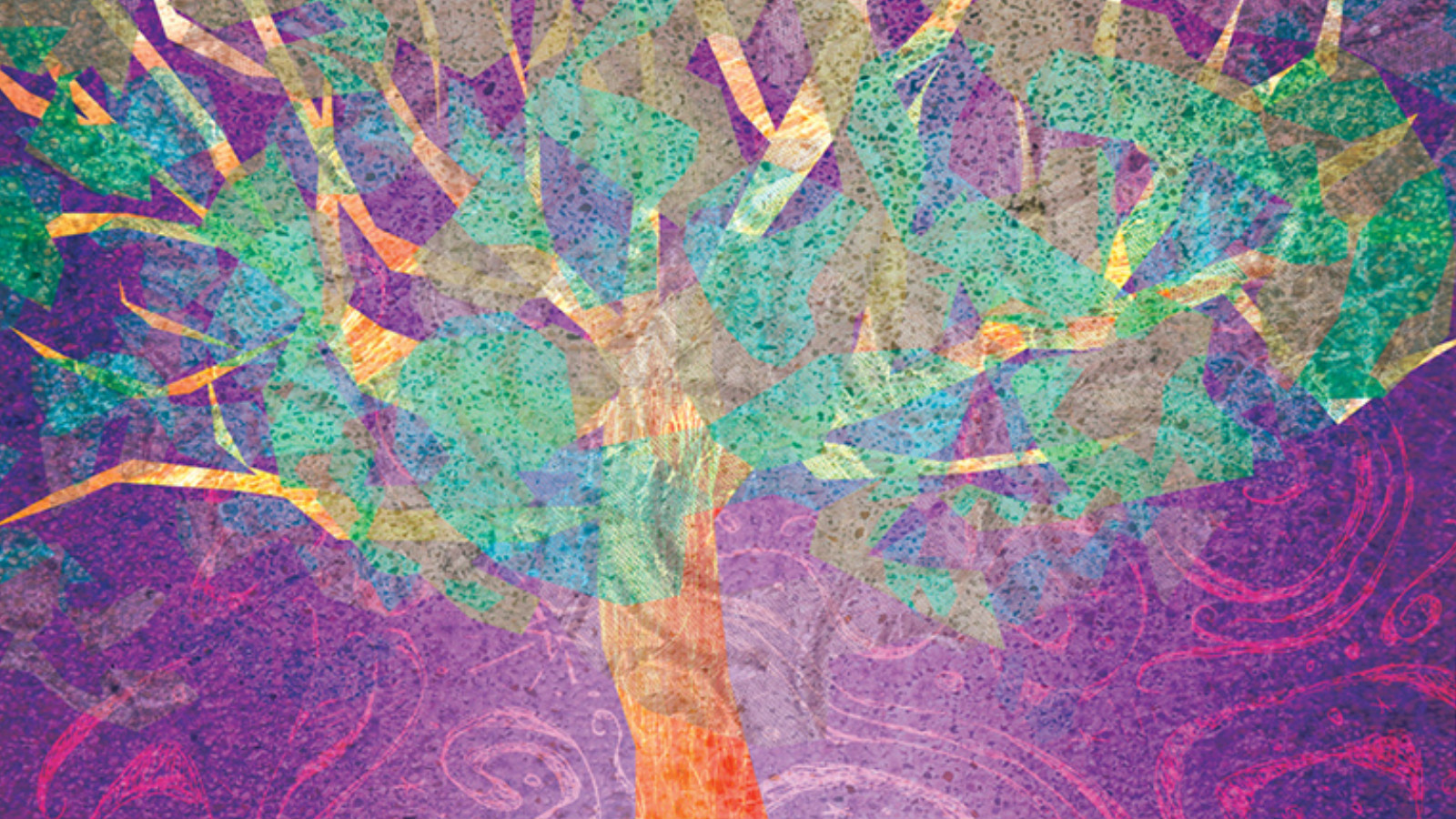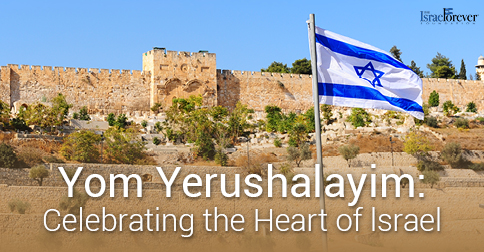Bonjour / Hello [nickname_else_first_name],
SEFIRAT HAOMER BOOKLET
Isaac Darwiche has put together this years booklet for Sefirat Haomer which can be found here
CLICK HERE to Download the MA SFIRAT HA'OMER booklet
Table of contents
1) Perashat Hashavoua - Rabbi Eli Mansour
2) Halakhat Hashavoua (Halakhot related to day to day life) By Hazzan David Azerad -
What parts may be omitted to enable praying in a Minyan ? (peninei halacha)
3) Holy Jokes!
4) For KIDS

This Week's Parasha Insight with Rabbi Eli Mansour
Parashat Behukotai: The Unparalleled Power of a Group
The opening verses of Parashat Behukotai tell of the great rewards which G-d promises to grant Beneh Yisrael if they observe the Torah. One of these rewards is military prowess, victory over our enemies. G-d promises, "Five of you will pursue one hundred, and one hundred of you will pursue ten thousand; and your enemies shall fall before you by the sword" (26:8). Our nation’s military will be so powerful that just five will be able to pursue and subdue 100 enemy troops, and 100 will be able to pursue and subdue 10,000.
Rashi already takes note of the fact that the "mathematics" in this verse don’t seem to add up. If five of our soldiers will be able to pursue 100 enemy soldiers – a ratio of 1:20 – then we would expect that 100 of our soldiers should be able to pursue 2,000 – twenty times their number. Yet, the Torah says that 100 soldiers will succeed in pursuing 10,000 – a 1:100 ratio.
To explain this asymmetry in the verse, Rashi writes, "A few who perform the Torah are not the same as many who perform the Torah." Rashi here establishes the concept of exponential increase. When larger numbers of people come together, their potential increases not proportionally, but exponentially. Ten people working together can accomplish not twice that which five people can accomplish, but many times more than what five people can accomplish. As the number of people increases, their capabilities are multiplied manifold. And thus, indeed, if five can pursue 100, then 100 can pursue not just twenty times that amount, but 100 times that amount.
The Hafetz Haim (Rav Yisrael Meir Kagan, 1839-1933), in his Bi’ur Halacha (155), elaborates on this concept in regard to the study of Torah. The Shulhan Aruch (Orah Haim 155:1) writes that one is obligated to set times for the study of Torah, and the Hafetz Haim comments that although this obligation Is fulfilled even if one learns alone, nevertheless, "optimally, it is a Misva to enhance [one’s study] as much as possible by learning in a group, because this way, greater honor is given to G-d." The Hafetz Haim proceeds to cite numerous statements from the Sages teaching that one earns greater reward for learning Torah in a group, together with other people, than he does by learning alone. Furthermore, although the Shechina is present whenever a person learns Torah, when a group assembles to learn, the Shechina comes first to greet them. Moreover, the Sages teach us that Torah knowledge cannot be acquired unless one studies together with a group of people. If a person learns alone, he might misunderstand the material without even realizing that he misunderstands, as there is nobody to clarify the matter for him. In a group, mistakes and misunderstandings are generally avoided. And, when people learn together, they ask questions, discuss, argue and debate, thereby clarifying and crystallizing the information.
Today, the blessings of technology have made it possible for each and every person to learn at all times, wherever he is. This is truly a wonderful blessing, and everybody should take full advantage of the opportunity to hear Torah classes while traveling, during a break at work, or when there is time at home. However, as precious and valuable as this learning is, nothing can compare to the power of a group that assembles to learn Torah together. The impact of 50 people learning together is far, far greater than 50 times that of a person who learns alone; it is exponentially more powerful. Let us take advantage of not only the myriad opportunities offered by technology for individual study, but also the countless opportunities we have in our community to get together with others to learn Torah and bring glory to the Almighty.

Halachot this week are selected and Translated by Hazzan David Azerad
What parts may be omitted to enable praying in a Minyan ? (peninei halacha)
When a person arrives late to synagogue and notices that the congregation is about to finish reciting Pesukei d’Zimrah, it is better that he omit some parts of Pesukei d’Zimrah (most of Birkot HaShachar, Korbanot, and some other passages) in order to succeed in praying Shemoneh Esrei with the minyan, since the virtue of praying in a minyan is greater than the virtue of reciting Pesukei d’Zimrah. The whole idea behind the recital of Pesukei d’Zimrah is to prepare for prayer, in order to facilitate its acceptance. However, the prayer of a person who prays with a minyan is certainly accepted and desirable (Berachot 8a).
Nonetheless, there are passages that may not be omitted, namely, Baruch She’amar, Ashrei, and Yishtabach, so that the opportunity to recite them will not be missed. The berachot of Pesukei d’Zimrah were instituted for the purpose of reciting praise before the Amidah and one who did not say them prior to it is not permitted to recite them afterwards. In order to recite the berachot of Pesukei d’Zimrah, one is obligated to recite at least one passage of praise; therefore it is best that he say the most important passage, which is Ashrei.
Similarly, one must be strict in reciting Birkat Elokai Neshamah and Birkot HaTorah before prayer, for if he does not, he will have lost the opportunity to say them (Mishnah Berurah 52:9; Bei’ur Halachah there). Likewise, before prayer one must wrap himself in a tallit and put on tefillin.
If one notices that he does not have time to say these berachot and Ashrei and still succeed in praying with the minyan, he should pray individually without omitting anything.
L’chatchilah, one should try to plan his omissions in such a way that he will succeed in praying with the congregation, meaning with ten people who are praying the silent Amidah. However, if he sees that he cannot say the berachot and Ashrei and still succeed in praying the silent Amidah with the congregation, he should try to pray with the chazan as he repeats the Amidah (Chazarat Hashatz), for even by doing that, he is considered one who is praying in a minyan according to most poskim.
Whenever one must omit passages from Pesukei d’Zimrah in order to pray in a minyan, it is good to complete them after the prayer service.
Bevirkat Shabbat Shalom Umevorach
David Azerad
3) HOLY JoKeS!!
Selection of funny snippets, loosely related to this weeks parashah or current events, to brighten your day


4) FOR KIDS
Click on the image to open the youtube video





















